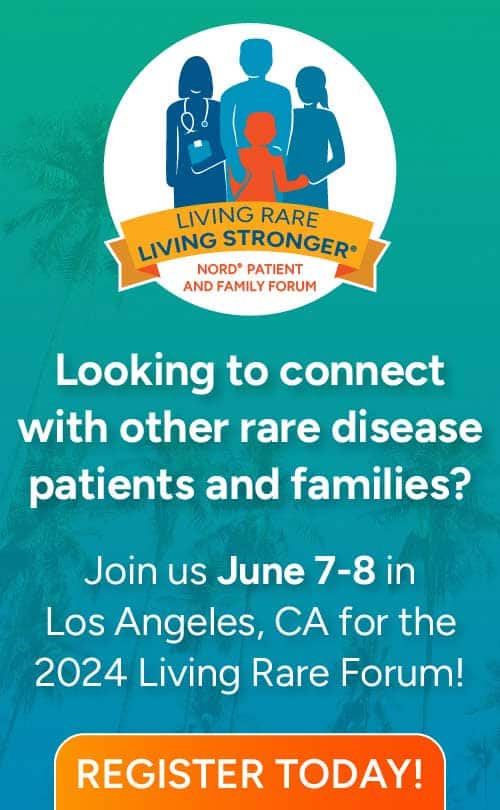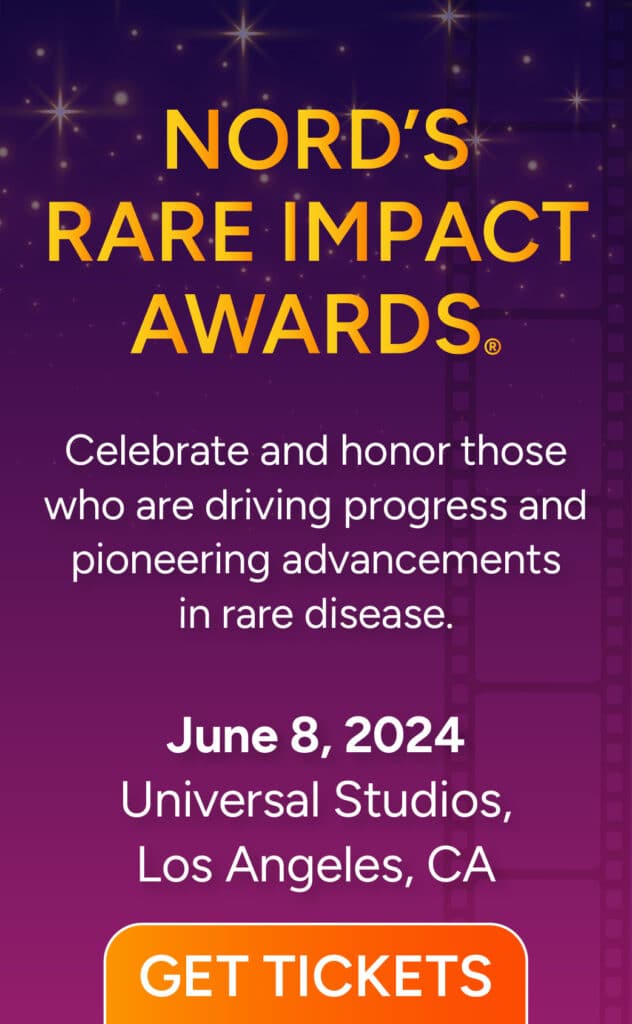NORD’s Assistant Director of Public Policy, Paul Melmeyer, authored this great piece (below) in the March 2015 issue of the NCC Collaborator, the monthly publication from the National Coordinating Center for the Genetic Service Collaboratives (NCC). NCC focuses on bringing quality genetic and newborn screening services to local communities, and building bridges between public health, primary care/ Medical Home, geneticists and other specialists, and families and consumers. You can read the piece and March issue onlinehere.
Promoting StateBased Policy through NORD’s Rare Action Network ®
Submitted by Paul Melmeyer, Assistant Director of Public Policy, National Organization for Rare Disorders
Since the passage of the Affordable Care Act in 2010 and the subsequent Supreme Court decision allowing states to decide whether to expand their Medicaid programs, decisions about healthcare coverage and quality standards for patients with rare diseases are increasingly being made at the state level. From public health initiatives, such as newborn screening programs, to insurance plan structure and coverage regulations, state governments play an integral role in facilitating the access of quality, affordable care for individuals with rare diseases.
For 31 years, the National Organization for Rare Disorders (NORD) has served as America’s leading patient advocacy organization for patients with rare diseases. Following the passage of the Orphan Drug Act in 1983, NORD has been involved in numerous Federal policy initiatives, including the Rare Diseases Act of 2002, the Affordable Care Act, and the Food and Drug Administration Safety and Innovation Act (FDASIA), among others.
Beyond our policy efforts, NORD represents over 220 organizations for individuals with rare diseases and provides education and coordination services for patients and their families.
We work with medical and scientific researchers to advance basic and translational research and with the biopharmaceutical industry to ensure the necessary incentives for orphan drug development remain strong. Always active at the federal level, we are now increasing our efforts around statebased public policy and advocacy. Using Rare Disease Day, February 28, 2014 as our platform, NORD launched the Rare Action Network® (RAN) to bring together the entire rare disease community around common state-based goals and initiatives. When mature, RAN will serve as a regional and state collaboration of patients, patient families and advocates, medical and scientific professionals, industry, and governmental organizations working towards a common goal of increased access to affordable, high quality, rare disease treatments.
We have organized RAN activities around identifying state-based coalitions and advocates, equipping them with tools and resources, and establishing lines of communication with decision-makers in every state. We are also creating a framework for state policy report cards that will evaluate states on their performance in areas important to the rare disease community and we are communicating with state officials on specific legislation. We are in the early phases of building state-based coalitions of volunteer advocates, who will serve as the rare disease ambassadors to their state governments. Within these coalitions, we are seeking bold and effective leaders . On the policy side, we are joining existing state and regional policy coalitions and engaging state lawmakers on issues important to the rare disease community. We have also identified four initial focus areas for state policy report cards: Medicaid expansion, newborn screening, specialty tiers, and medical foods.
This is just a snapshot of our Rare Action Network® plan. We hope you will join us in collective advocacy for individuals with rare diseases. After all, as we say at NORD, “Alone we are rare, together we are strong.”
For more information, contact Paul Melmeyer at pmelmeyer@rarediseases.org.




